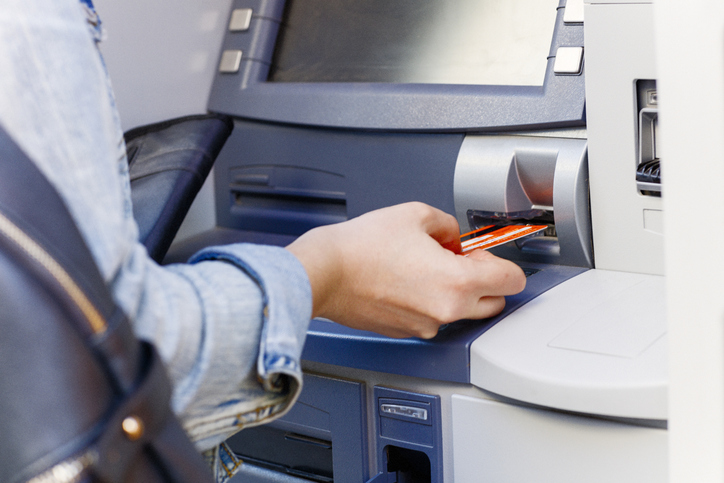Open an account at a credit union.
 Joining a credit union is just as easy as joining a bank. All you need to do is verify that you meet criteria for membership at your preferred credit union. Meet with a bank associate, or apply online to open a checking or savings account. Depending on your financial circumstances, you may be interested in other banking products and services the credit union offers its members.
Joining a credit union is just as easy as joining a bank. All you need to do is verify that you meet criteria for membership at your preferred credit union. Meet with a bank associate, or apply online to open a checking or savings account. Depending on your financial circumstances, you may be interested in other banking products and services the credit union offers its members.
If you're nervous about making the transition, it can be helpful to talk to a credit union representative to find out what kind of banking services you'll have access to. Today's credit unions offer many of the same services customers receive at traditional banks, including mobile banking, mobile deposit, and money management tools to help you reach your financial goals.
Switch automatic deposits and auto-pay activity over to your new account.
 When you open a new account, you'll need to make an initial deposit to fund the account. Once that deposit is made, you will need to start switching all of your automatic transactions over to your new credit union accounts. The most obvious example of this transition is with direct deposit from your employer: Contact your company's HR department and have your direct deposit switched over to your credit union account. Then verify that these payments start going to your new account.
When you open a new account, you'll need to make an initial deposit to fund the account. Once that deposit is made, you will need to start switching all of your automatic transactions over to your new credit union accounts. The most obvious example of this transition is with direct deposit from your employer: Contact your company's HR department and have your direct deposit switched over to your credit union account. Then verify that these payments start going to your new account.
You will need to repeat this action for any deposit or payment being made to or from your bank account: Everything from your utilities bill payments to your Netflix subscription will need to be switched over to your new account. You'll want to allow at least one billing cycle for all of these payments so you can confirm that the new payment information are posting to your credit union accounts.
Once you've switched your finances over, close your old account.
It's smart to keep your old bank account open, with some money left in that account, to cover unexpected bills and auto-payments you might have missed. After a few months, though, you should have successfully switched all of these services over.
There's no harm in keeping your old account open until you're sure you've tied up any loose ends, but as soon as you've switched all of your finances over to the new account, it's smart to close your old bank accounts, in part to avoid any fees that might be charged due to low account balances or other penalties.
Moving your banking to a credit union is a significant step, but it isn't a complicated one. If you're wanting to make the switch but need help and support, your local credit union offers resources and expertise to help guide you through this process.